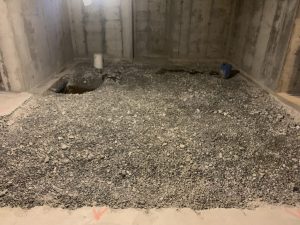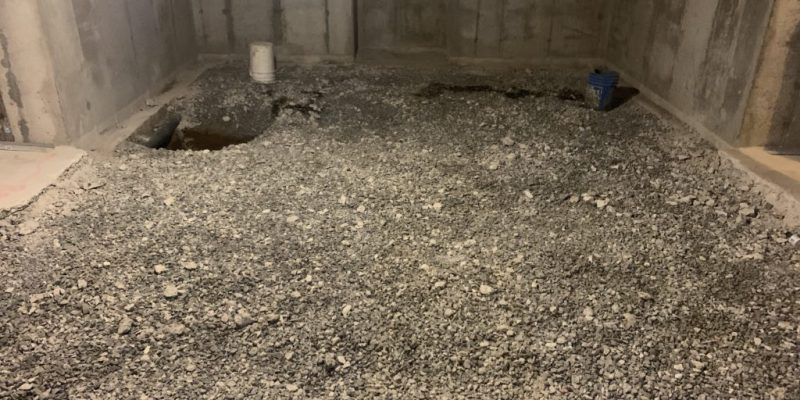Basement Lowering: Transforming Your Space with Professional Expertise

The Benefits of Basement Lowering
- Increased Usable Space: Basements are often underutilized and can be transformed into valuable living areas.
- Enhanced Natural Light: One of the common challenges in basements is limited natural light. Basement lowering can often lead to the installation of larger windows and improved lighting options.
- Improved Property Value: A finished basement with adequate ceiling height and proper design can significantly enhance your property’s market value.
- Creative Freedom: Basement lowering opens up a world of possibilities in terms of design and functionality.
- Better Insulation and Waterproofing: During the basement lowering process, professionals often address insulation and waterproofing issues.
The Basement Lowering Process
- Initial Assessment: The first step involves a thorough assessment by a qualified contractor.
- Design and Planning: Once the assessment is complete, a detailed plan is created.
- Excavation and Shoring: Excavation is a critical phase where the soil is removed to create the desired floor depth.
- Foundation Underpinning: Underpinning involves reinforcing the existing foundation to accommodate the new lower level.
- Waterproofing and Insulation: Proper waterproofing measures are essential to prevent water infiltration and moisture-related issues.
- Mechanical Installations: Electrical wiring, plumbing, and HVAC systems are installed or extended to serve the newly created space.
- Finishing Touches: The final steps involve finishing the space according to the homeowner’s design preferences.
Why Professional Expertise Matters
Basement lowering is a complex and intricate process that requires specialized knowledge and skills. Entrusting this project to experienced professionals offers several advantages:
- Technical Expertise: Professional contractors have the necessary training and experience to navigate the technical challenges of basement lowering.
- Compliance with Codes and Regulations: Basement lowering must adhere to local building codes and regulations.
- Risk Mitigation: Improper basement lowering can lead to structural instability and safety hazards.
- Efficient Execution: Professionals use efficient techniques and equipment to complete the project within the designated timeframe.
- Quality Assurance: Reputable contractors are committed to delivering high-quality results.



























